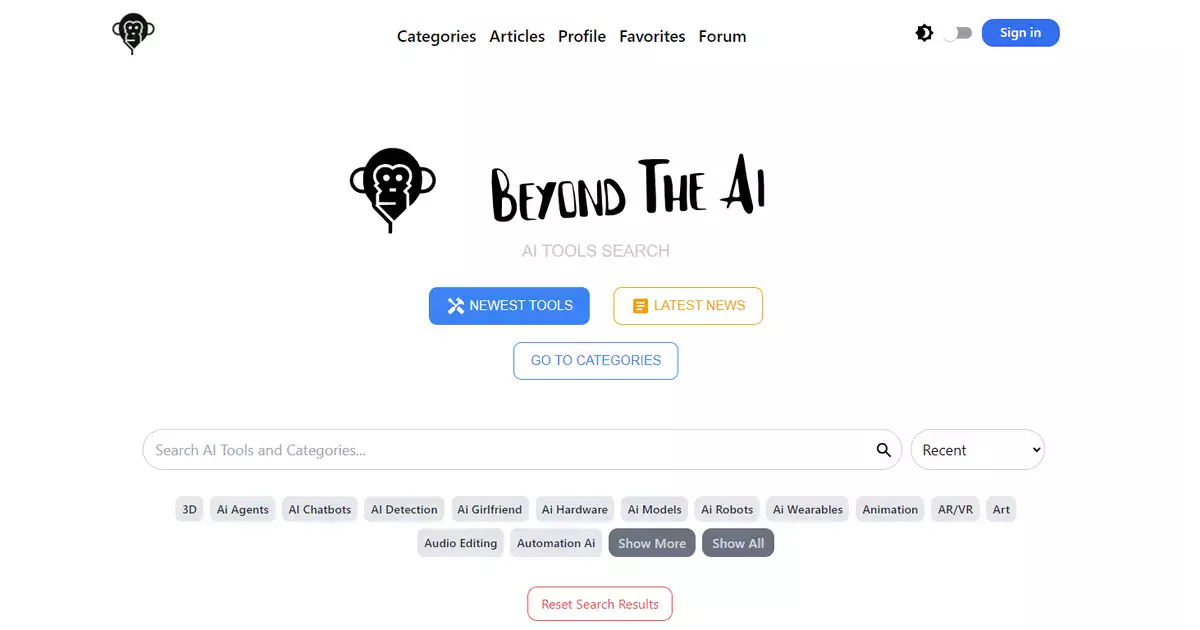
Petals
Open source tool for running LLMs collaboratively

January 5th, 2026
About Petals
Petals is designed to facilitate collaborative running of large language models like BLOOM-176B. This tool allows users to load a small part of the model and then team up with others who are serving the other parts to run inference or fine-tuning.
The tool is designed to be user-friendly and easy to use, even for those who are not familiar with complex language models. It is built on open source technology, which means that it is constantly being updated and improved by a community of developers and users.
One of the key benefits of this tool is that it allows users to work together on large language models, which can be difficult to manage and run on a single machine. By breaking the model into smaller parts and distributing the workload across multiple machines, users can achieve faster and more efficient results.
Overall, this open source tool is a valuable resource for anyone who needs to run large language models collaboratively. Whether you are working on a research project, developing a new product, or simply exploring the capabilities of language models, this tool can help you achieve your goals more quickly and effectively.
The tool is designed to be user-friendly and easy to use, even for those who are not familiar with complex language models. It is built on open source technology, which means that it is constantly being updated and improved by a community of developers and users.
One of the key benefits of this tool is that it allows users to work together on large language models, which can be difficult to manage and run on a single machine. By breaking the model into smaller parts and distributing the workload across multiple machines, users can achieve faster and more efficient results.
Overall, this open source tool is a valuable resource for anyone who needs to run large language models collaboratively. Whether you are working on a research project, developing a new product, or simply exploring the capabilities of language models, this tool can help you achieve your goals more quickly and effectively.
Key Features
- Facilitates collaborative running of large language models
- Allows users to load a small part of the model and team up with others to run inference or fine-tuning
- Breaks the model into smaller parts and distributes workload across multiple machines for faster and more efficient results
- User-friendly and easy to use
- Built on open source technology, constantly updated and improved by a community of developers and users
Use Cases
- AI research teams working on natural language processing (NLP) projects
- Data science teams in industries such as finance, healthcare, and e-commerce that require large language models for their applications
- Educational institutions teaching courses on NLP and machine learning
- Startups and small businesses that cannot afford expensive hardware for running large language models
- Government agencies working on language-related projects such as translation and sentiment analysis
Other Features
- Open Source
Loading reviews...
